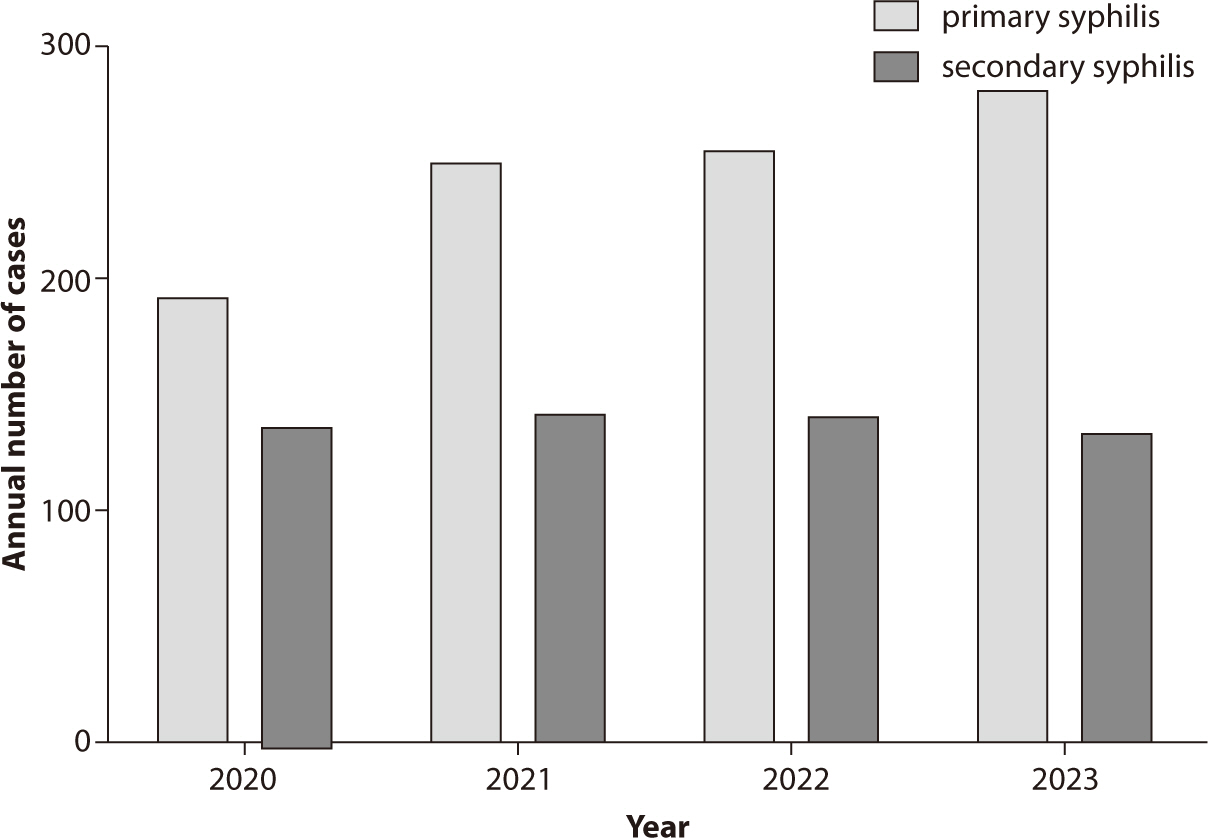| Chung-Jong Kim | 3 Articles |
|
[English]

Sexually transmitted infections (STIs) continue to pose significant public health
challenges in Korea, with syphilis, gonorrhea, chlamydia, Citations Citations to this article as recorded by

[English]
ABSTRACT
Ewha Womans University launched an on-campus Coronavirus disease-19 (COVID-19) response system called Ewha Safety Campus (ESC) Project in collaboration with the Seegene Inc. RT-PCR diagnostic tests for COVID-19 were proactively provided to the participants. This study examines the effectiveness of the on-campus testing strategy in controlling the reproduction number ( The ESC project was launched on March 2, 2022, with a pilot period from Feb 22 to March 1, 2022—the peak of the Omicron variant wave. We collected daily data on the RT-PCR test results of the students of Ewha Womans University from Mar 2 to Apr 30, 2022. We daily calculated A lower The study provides scientific evidence for the effectiveness of the on-campus testing strategy and different infection vulnerabilities of students, depending on dormitory residence, compliance with the quarantine guidelines, and vaccination. Citations Citations to this article as recorded by

[English]
ABSTRACT
In response to the changes in the Coronavirus disease 2019 (COVID-19) epidemic situation, Ewha Womans University established Ewha Safe Campus (ESC), an on-campus infection outbreak management system, to allow students and faculty members to safely resume face-to face classes in 2022. The COVID-19 testing station, Ewha Safe Station, is the core element of ESC. Symptomatic students and faculty members perform a combo swab self-PCR test or receive a nasopharyngeal swab PCR test from experts to prevent the spread of COVID-19 through early detection and management. ESC is significant in that it detects infection risks and proactively implements preemptive measures in a university. The COVID-19 health response system model at the university level was applied for the first time in South Korea, reaching a milestone in the history of university health in South Korea. In particular, it is highly valuable that the test was free of charge, as it enabled all of the examinees to have easy access to the test through joint cooperation with the Seegene Medical Foundation. This is a successful example of cooperation between schools and private institutions for public health improvement. In the future, the direct and indirect effects of the establishment and implementation of ESC need to be evaluated and confirmed, and areas requiring improvements need to be identified in preparation for another infectious disease outbreak in the future. Citations Citations to this article as recorded by

|
|

